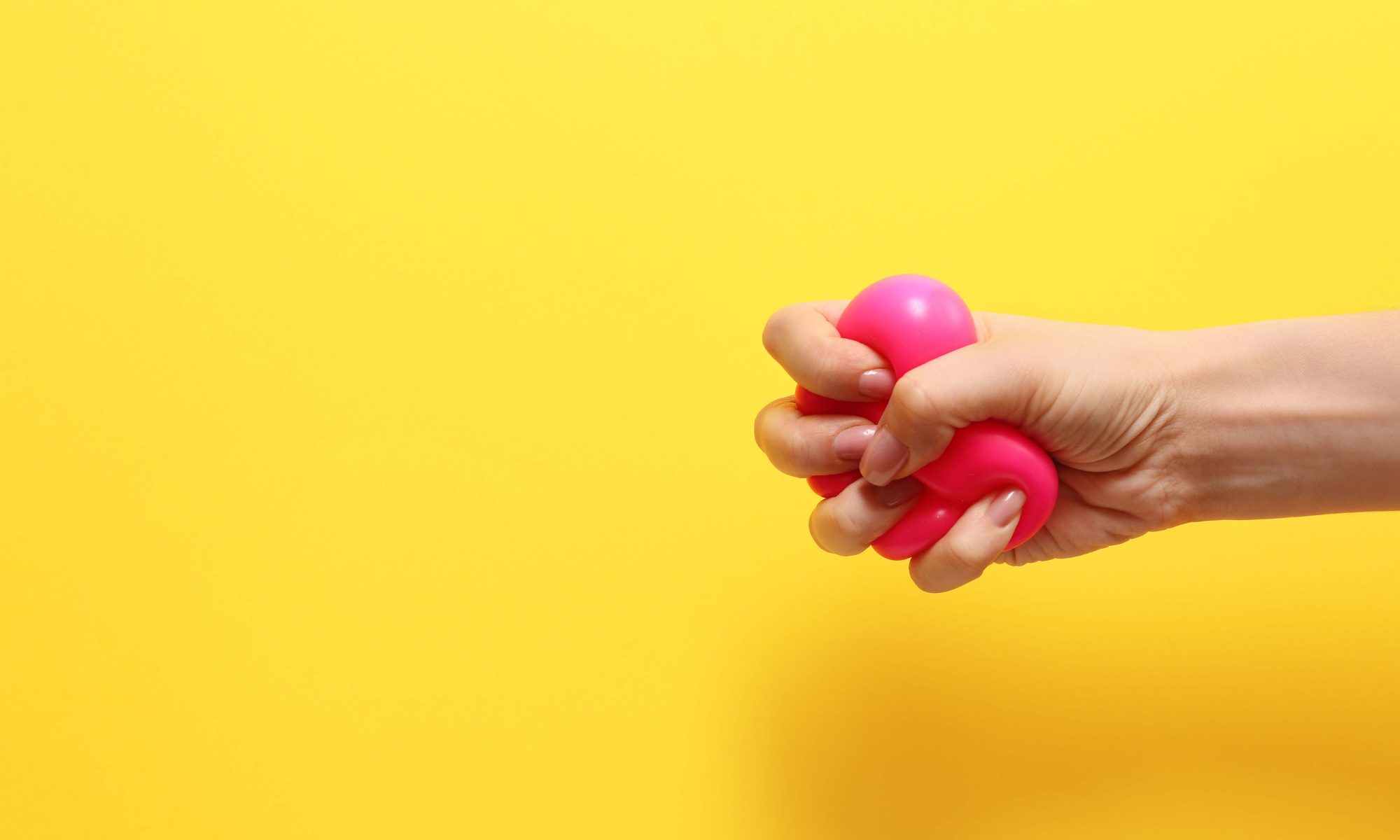Stress at work. Many of us have to deal with it, consciously or subconsciously. What exactly is stress? How can we recognize it in ourselves and our colleagues? And above all, how can we prevent the effects of stress from having an impact on the rest of our lives?
Stress at work can be interpreted in different ways. Marisa Garau, mindfulness expert and founder of Growing Mindfulness, sees it as a vicious circle: “You can handle a little stress or a deadline, you learn to deal with it and it’s healthy. But feeling that you are not appreciated for the work you do or that you cannot be yourself in your workplace leads to not having or seeing the opportunities for self-development. This undermining feeling can lead to mental or physical issues and cause you to not feel good about yourself. In other words, this downward spiral causes chronic stress.”
Garau experienced it herself. She noticed that, although her work in itself was great fun, the work environment did not match her personality. She felt like an alien in the workplace. “It’s a shame, especially in a professional environment, that it makes you feel pressurised to adapt to the group. Otherwise, you get the idea there is something wrong with you and even start to doubt yourself.” That is why she emphasizes the importance of ‘finding your tribe’: you must find a group of people that share the same values and whom you feel comfortable with. Garau says this should apply to all social circles in your life, such as family and friends.
Stress is often more difficult to detect in yourself than in a colleague. You can sometimes see it in others, while you are often not aware of your behavior. Stress often manifests itself in fatigue and a weakened immune system, but bouts of migraine and rashes can also be a sign. What’s more, you may recognize it in others because they are very busy, want everything to be perfect, and want to always stay in control. The opposite, apathy, is possible as well. This is when colleagues just clock the necessary hours and are quite indifferent to anything else. Stress can look different in different people because it is a hormone. So, it can be triggered, aggravated, and then cause negative effects on your body.
Garau herself noticed that she was very tired and felt like sleeping ‘to not be present’ and dealing with it. On the other hand, she was very perfectionist and afraid to make mistakes. This led to her thinking she might as well move up a gear: if you can work eight hours a day, you can do ten hours too, and if you can work ten hours, you’ll be fine working twelve hours. However, this also worried Garau a lot. “If this feeling lasts long enough, something in your body will falter.”
Garau was introduced to mindfulness through an overworked friend, which helped her get back on her feet. Mindfulness is often defined as “paying attention, on purpose, in the present moment, non-judgementally,” as described by Kabat-Zinn in 1991. It opened her eyes. “My thoughts were like a herd of wild horses, going in all directions. Mindfulness taught me there was a different way.” The brain produces thoughts but that does not mean you have to go along with them or believe them. It taught her to step out of this constant stream of negative thoughts.
There are a few easy mindfulness exercises you can do every day to combat stress. Don’t check your phone for notifications or the newsfeed as soon as you wake up, but just take some time – even if it is only a minute – to become aware of your surroundings. Just be – and give your body time to catch up before you start your day. Another example is not to use your phone when you’re having a cup of coffee. Instead, genuinely taste your coffee and savour the flavour. In other words, be aware of your body and appreciate it. Our body does everything for us, so it deserves this appreciation. According to Garau, you could call it mini-meditations whereby you observe your thought process. She emphasizes that mediation is often misinterpreted. “Meditation does not mean you have no thoughts at all or that you ‘disappear’ for a moment. What it does mean is quietly and very consciously examining the thoughts that enter your head and what nonsense they are telling you. Meditating for an hour every day is difficult for people who have a job, family, and hobbies to combine, but Garau says there’s no need. Often, just some of these exercises are enough to make you aware of your (excess) stress.
Mindfulness teaches you to know your body better. With this basis in mind, you can see what is going on in your life and whether it suits you, Garau concludes. “By listening carefully to your body, what you need to perform and blossom as a human being will come to you eventually.”
